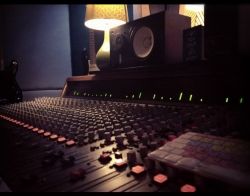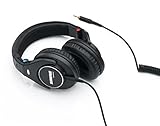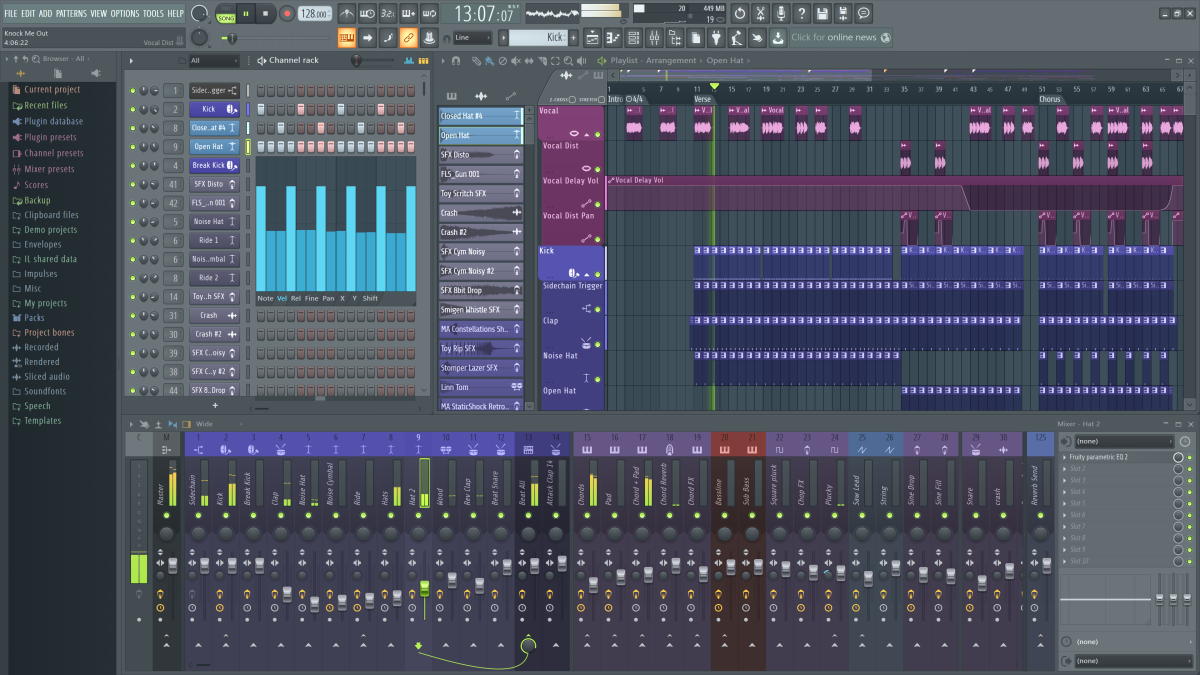Easy Tips for Audio Mastering

Find out very easy tips for better audio mastering
Improve your audio mastering technique simply by following easy tips for better audio mastering provided by professional audio engineers.
This audio mastering tutorial contains 5 easy steps that every audio engineer should know and use in order to improve the mastering. When the audio mixing is great, doing the mastering is a pleasure. But what when the audio mixing is bad? In this case, sometimes the steps explained here may help, but in general they will work in every situation.

Audio Mastering Tips
There are many audio mastering tips you can use to prepare your audio mixes before you take them to the CD mastering studio. You need to know how to submit your prepared mixes so that you get the best sounds to use in songs. As a mastering engineer, you will have to start with a clean slate based on the master bus. You will also need to use a proper file format and type to make the most of your music.
Following are some of the audio mastering tips you need to internalise to make great music:
1. Getting Rid of Noise
As you pass over your mix, ensure you get rid of any pops or noise from the tracks. Where possible, you can use fades to cut out spots containing recorded noise. When you do this while mixing, the overall noise levels will be reduced to allow you to effectively compress and equalize the mix.
2. Keep the Mix Dynamic and Clean
It is not advisable to overuse processors such as compressors (dynamic processors) on the master mix bus. This can end up destroying the mix and making it impossible to create a great master.
Unless you are looking for a specific sound from the master bus processor, you would be better advised to go for audio mastering that is free of plugins and outboard processing. If you will undertake master bus processing, ensure the mastering engineer knows about its settings and type.
3. Levels
Another of the audio mastering tips you should never forget is that the loudest section in your mix should not peak over - 3db from the master bus. You should also not use limiter sets on your master bus.
The final dynamic level and control should be relegated to the mastering engineering experts. The engineer will be better placed to create the right dynamic levels for mp3, CD or radio play duplication.
4. File Submission
- Lossless file
This is a file which has the exact data that needs to be reconstructed. It retains the audio quality
- Lossy file
This file contains approximations of the data that has to get reconstructed. It degrades the audio quality. You should never use lossy file formats when you submit audio files for mastering
The most popular mastering file types include .WAV and .AIFF. Both of them are lossless (non- compresses/ converted). Most mastering engineers will find it easy to work with both of these file types.
Anyway, WAV files will mostly be used on PCs while AIFF files are traditionally engineered on Mac systems. Therefore, you need to ensure that the mastering studio you choose can work easily with the format you selected.
The other audio mastering tip you need to remember is that when you submit a mix to get mastered, you should keep the file in the resolution in which it was mixed (with no down conversions).
For instance, a song that was mixed at 24 bit 96 kHz needs to be submitted as a 24 bit 96 kHz file (.AIFF or .WAV).
5. Use Reference Songs
When you submit masters or mixes of a song that were previously done, you need to include some reference sounds with a sound similar to that you desire. This will give the audio mastering engineer a rough idea about the vision you have for your music. You could refer to bands that inspire you or which sounds that are similar to those you like. Whatever the case, be diligent in your audio mastering techniques to achieve the best sounds for your music.










